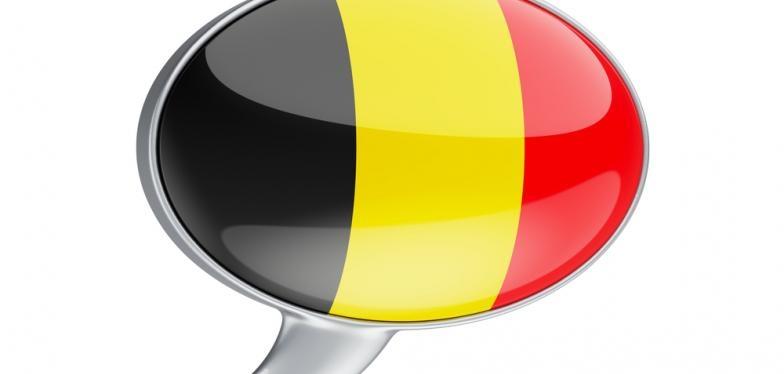It's Belgian, then!
Many of you took part in our survey on belgicisms. These little words or expressions are specific to our country and come from Wallonia, Flanders or Brussels.

According to our survey, the most popular Belgian expressions are: "Non peut-être", "la drache" and "à tantôt".
"Non peut-être" is an expression of Brussels origin which means "yes of course". It is useful to know the translation, which is not obvious from the original. In second place, we find the word "drache". It probably comes from the Flemish word 'dretsen' which means to rain. Anyone who has lived in Belgium knows about the national "drache", the downpour that usually falls on Belgium on 21 July. This little word has been added to the great Larousse and Robert dictionaries and is also used by our cousins in northern France. The term is also sometimes used in popular bars to ask for a round of drinks: "Remets une drache" (Give me a "drache").
And to finish the trio, there is "A tantôt", used to say "see you later", usually the same day. We share this usage with our cousins in Quebec. Proof if proof were needed that the French language crosses borders, even in its regional variations.
The complete list would be too long; along with the Liège word "Oufti" which expresses astonishment, and "carabistouille", which means lie or nonsense, we find the "kot" (accommodation) of Belgian students, who "guindaille" (party) when there is no coronavirus.
Thanks again to our many readers for taking part and we will come back soon to talk about the origin or translation of these "loques", "chatouilles", "pistolets", "cuistax", "zievereir" and other "brols".